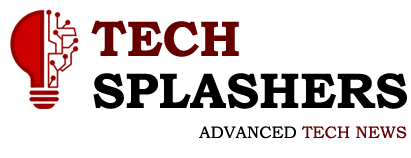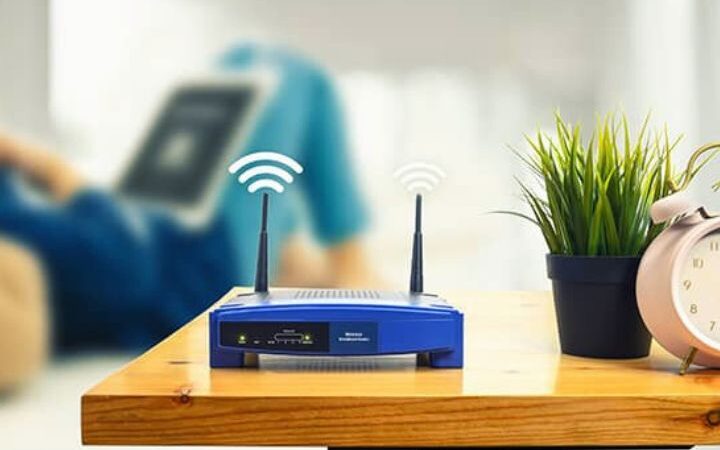Protection Against Hackers: How SentinelOne Protects Singularity Computers, Cloud Containers, & IoT Networks

Whether it’s merely spinning in the age of the Coronavirus or malware called Mozart that communicates via DNS protocol – IT security is a never-ending topic. In this context, security solutions such as Singularity from SentinelOne play an increasingly important role. This affects a wide variety of scenarios, such as data center, cloud, and IoT.
First of all: SentinelOne Singularity combines the provider’s existing security solutions on a single platform. As a company, you no longer have to worry about the ways in which the respective attack targets are threatened by hackers. So whether the sensitive data and possessions are in the data center, on an edge node or in the cloud – Singularity detects the malware and quarantines it. The unique thing about it: With the help of continually learning AI algorithms, this comprehensive protection is always a bit smarter.
SentinelOne Singularity protects everything: data center, IoT networks, cloud containers
SentinelOne Singularity uses the usual technologies such as Endpoint Protection (EPP) and Endpoint Detection & Response. This means that malware can be detected and eliminated before it even gains unauthorized access to the data center or the company network. This is where machine learning algorithms take full effect by the security system examining the perceived threat for its potential hazard. The question that can be answered with this: Is it a friend or an enemy?
Comprehensively Protect IoT Networks With SentinelOne Ranger
Brand new, but no less effective, SentinelOne Ranger deals in this context with attackers who target IoT devices within a network. All IoT data from rogue and smart devices are integrated into the Singularity Security platform. This should make it easier to find possible threats. This is particularly successful where SentinelOne agents are already installed and active within the network. This also enables inventory of IoT devices. It can be used to identify components such as cameras and other devices that may pose a threat to the IT infrastructure. Because they have outdated software installed on them, for example, which has not been patched for a while.
SentinelOne Singularity Ensures Secure Cloud Containers
Attackers don’t just stop in front of data centers and IoT networks, hackers and similar journeys also target cloud infrastructures. In these cases, too, SentinelOne Singularity provides more security, and this again with the help of behavior-based AI methods. SentinelOne Cloud Workload Protection (CWPP) calls this protection. It is used wherever hackers can target native cloud data and Kubernetes containers. This can increase the transparency of cloud containers by making their behavior visible and understandable. The practical thing about the CWPP approach is the agent used, which behaves like the Linux agent already installed and can, therefore, also be used in the cloud environment without significant adjustments.






